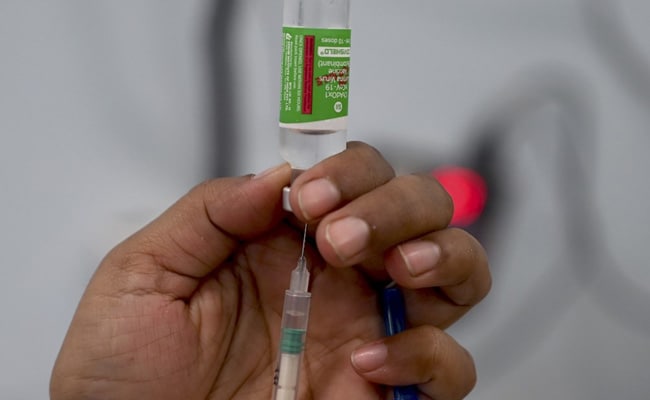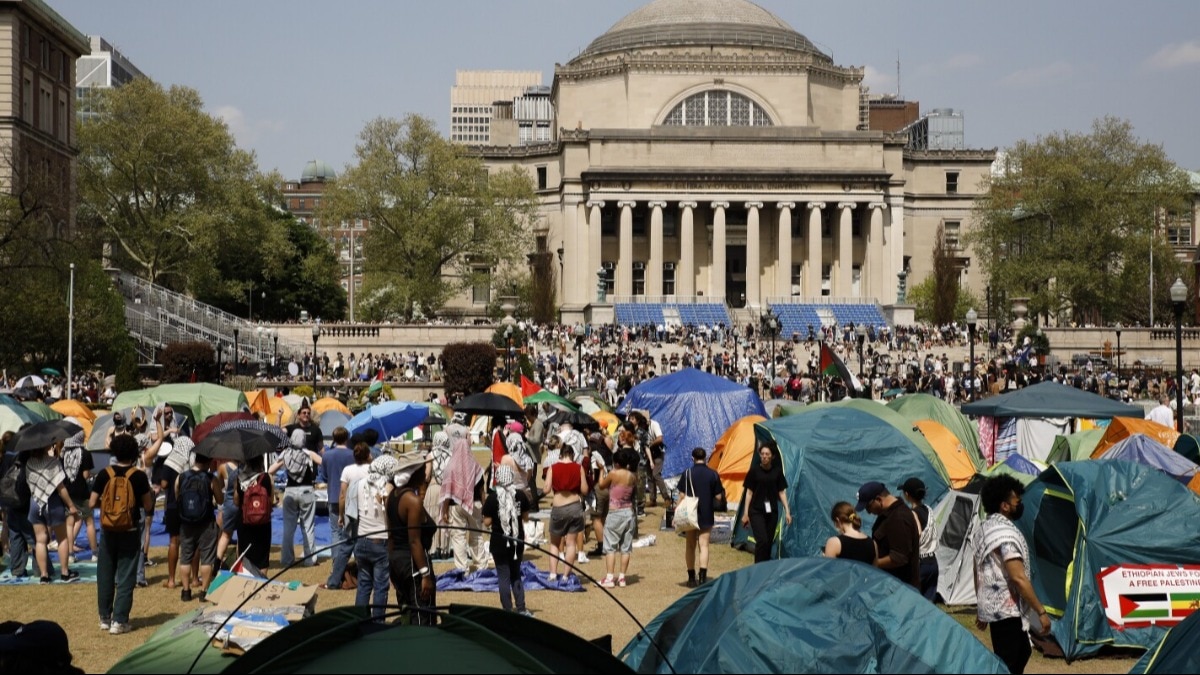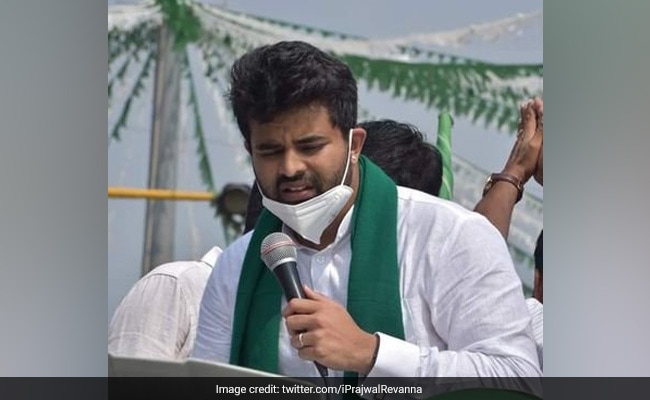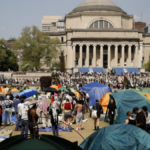
Of Pakistan’s 241 million people, 128 million have the right to vote. (document)
Pakistan will vote in a closely watched national election on Thursday to form a new government to lead the crisis-plagued South Asian country for the next five years.
Here are some facts about how Pakistan’s electoral system works:
– Pakistan is a parliamentary democracy, with seats in the federal legislature (called the National Assembly) and four provincial or state legislatures up for vote.
– 128 million Pakistanis out of a population of 241 million are eligible to vote – all above the age of 18. Polling stations are usually open from 9am to 5pm (0400 to 1200 GMT), but hours may be extended in exceptional circumstances.
– On Election Day, voters will vote for two legislators to represent their ridings – one federal and one provincial. A total of 5,121 candidates ran for membership in the federal legislature and 12,695 candidates ran for provincial seats.
– The National Assembly consists of 336 seats, 266 of which are decided by direct vote on polling day, while 70 reserved seats (60 for women, 10 for non-Muslims) are allocated based on the strength of the parties in the House of Representatives.
– The winning candidate becomes a member of the National Assembly. Independent candidates can choose to join any political party after the election.
– After the National Assembly is formed, a parliamentary vote is held to elect the leader of the House of Representatives, who becomes the Prime Minister.
– The successful candidate must obtain a simple majority in the House of Representatives, i.e. the support of at least 169 members.
– A candidate for prime minister can be sworn in as prime minister once he wins the parliamentary vote. The new prime minister selects cabinet ministers to form the federal government.
– Similar procedures are followed at the provincial level to elect the chief minister and provincial government.
(Except for the headline, this story has not been edited by NDTV staff and is published from a syndicated feed.)
Follow us on Google news ,Twitter , and Join Whatsapp Group of thelocalreport.in
















